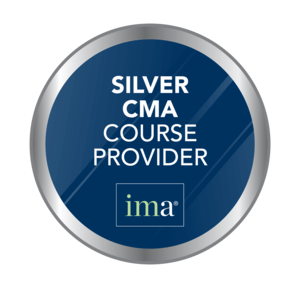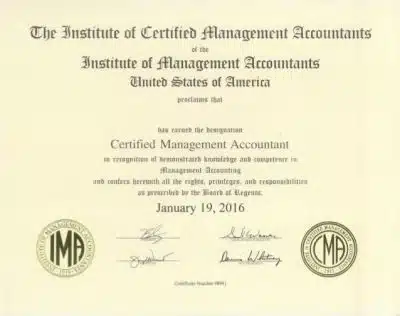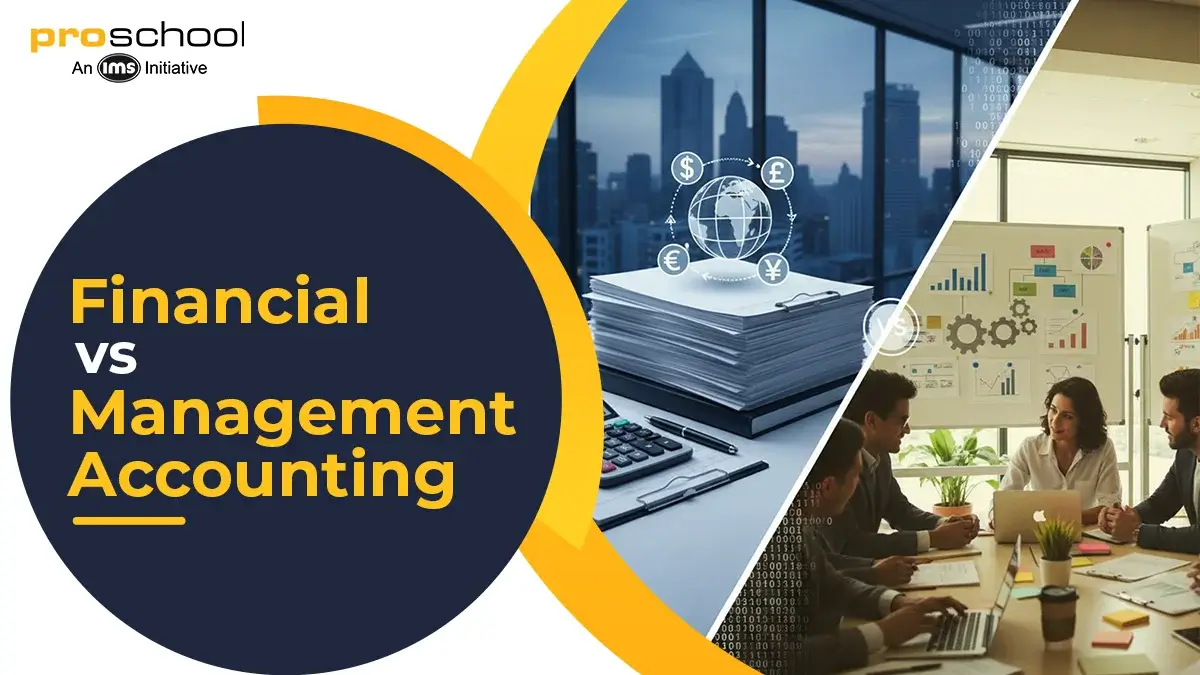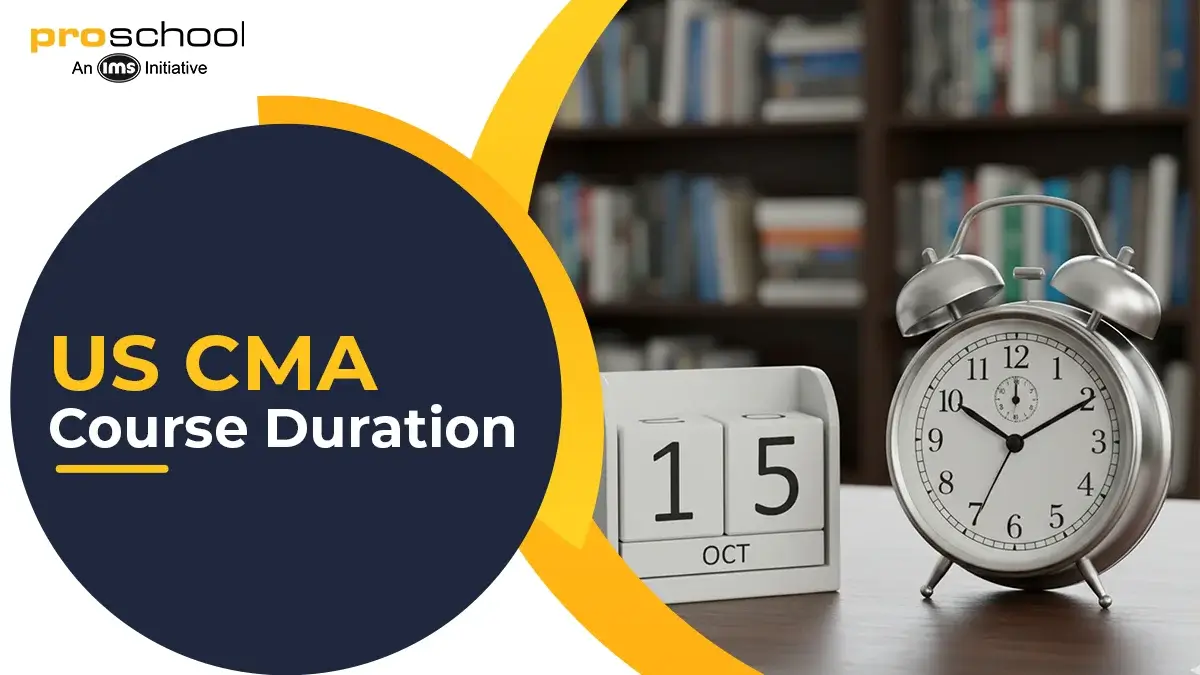200Hrs+ US CMA Training
Classroom Training In 17+ Centres
Course Duration – 6 Months
Solve 4000+ MCQs and 90+ Essays
Achieve Excellence with Proschool’s US CMA Coaching Classes!
If you’re looking for US CMA Classes In India, you’ve got to check out Proschool! We’re all about giving you the tools and support to nail those US CMA exams.
Here’s why our course is a game changer:
- Global Standard Material: Use international training materials approved by the IMA, ensuring you study with the best resources.
- Fee Waiver Available: Benefit from our fee waiver options to help manage your education costs.
- Rich Question Bank: Tackle over 4000 MCQs and 90+ essay questions to thoroughly prepare for your exams.
- Complimentary Foundation Course: Strengthen your basics with our free foundation course, setting you up for success from the start.


What Do You Get By Enrolling @ Proschool’s US CMA Classes?
We focus on personal career goals.
Classroom Teaching Available
You can opt for US CMA classroom coaching in any of our 15+ centers or go for live online classes. Both of them are equally lucrative.
Personalized Study Plans
Receive a study plan specifically tailored to meet your individual learning needs.
Top Notch Placements
The placement team at IMS Proschool helps students with resume building, aptitude, interview tips along with access to 1000’s of jobs on our portal
Exam Pass Commitment
Proschool offers unlimited classroom and doubt-solving sessions in case you fail US CMA Exams
Focused Revision Classes
Attend dedicated revision classes to polish your knowledge before exams.
Extensive Pool Of Questions
Students solve 4000 MCQs and 90+ essay questions to thoroughly prepare for your exams.
Where Our Alumni Work
What Students Have To Say About Our Institute?



Are You Eligible For Pursuing US CMA?
CMA – Education Requirement
- Successful completion of 10+2 in India.
- A Bachelor’s Degree or equivalent from a recognized institution in a relevant field.
- Students currently enrolled in a degree program are also eligible for the US CMA certification.
CMA – Experience Requirement
- Candidates must have a minimum of 2 years of work experience in management accounting or financial management. Part-time work of at least 20 hours per week also satisfies this requirement.
- Experience must be verified within 7 years after passing the CMA examination.
- Relevant experience can vary and may include:
- Preparing financial statements.
- Conducting internal or external audits.
- Developing and reporting budgets.
- Managing general ledgers or balance sheets.
- Forecasting financial outcomes.
Our US CMA Faculty Members
CMA USA Certifications
Certificate in Management Accounting from IMA
Upon passing Part 1 of the US CMA exam.
Advanced Certificate in Management Accounting from IMA
Upon passing Part 2 of the US CMA exam.
Strategic Management Professional Certificate from IMA
Awarded after fulfilling the two-year work experience requirement post passing both parts of the US CMA exam.

FAQ’s
CMA USA Blogs – Everything You Need To Know
Get An Insight Into The Creativity Of Our Team.
When you embark on a professional journey to become an accountant, you'll encounter a fork in the road. One path leads to financial accounting. The [...]
As a budding management accountant, you need a strong strategy to stand out in a crowded job market. How can you get leading MNCs, international [...]
When commerce students plan their futures, ‘accountant’ and ‘auditor’ usually come to mind. Both professions are respected, stable, and in demand worldwide, including in India. [...]



















